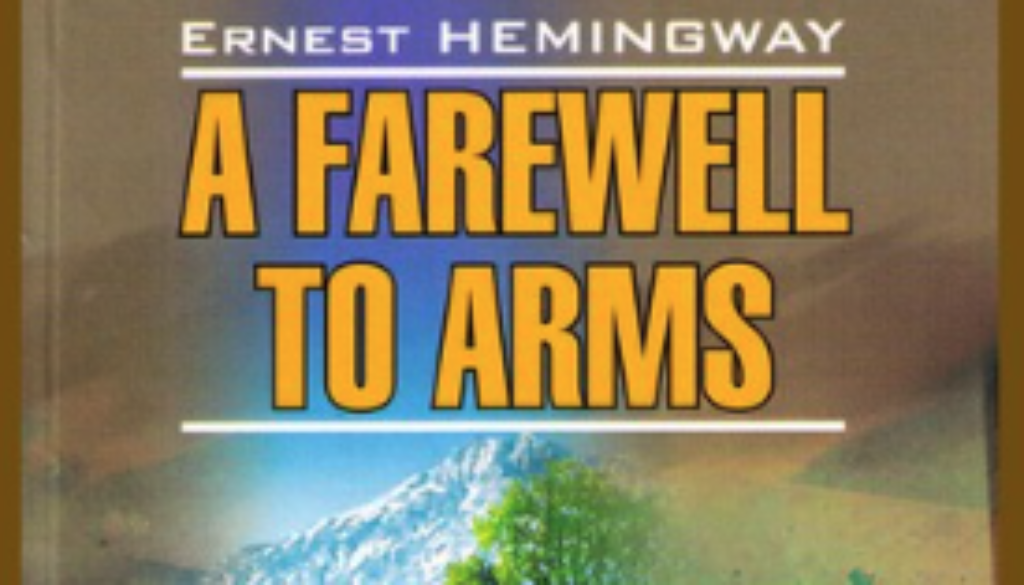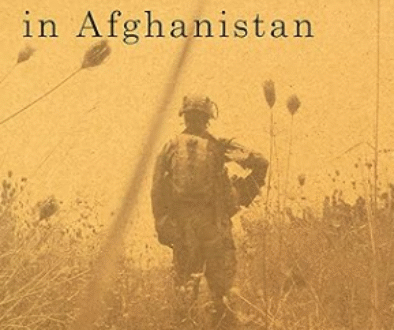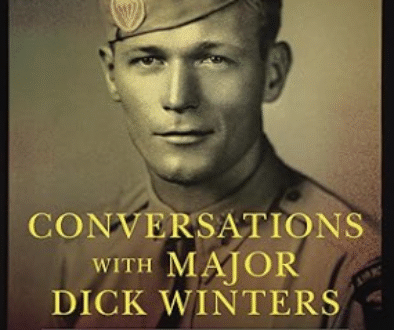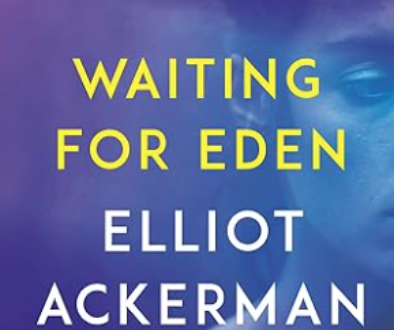A Farewell to Arms by Ernest Hemingway
I’m not sure I’ve ever read anything by Ernest Hemingway before, so I thought it was about time to try. Without doing any research into any of his works, I selected A Farewell to Arms because it was a title I recognized. All I knew was it had something to do with World War I. For those of you rolling your eyes saying how in the world could he never have read any Hemingway or know anything about A Farewell to Arms, I’m with you on both counts.
Let me start out by saying A Farewell to Arms certainly does have something to do with World War I. The story stems from Hemingway’s own experience as an American who volunteered to serve as an American Red Cross ambulance driver with the Italian Army fighting the Austrians in northern Italy. In fact, the main character, Lieutenant Frederic Henry, does the same thing. Stationed at the front, he begins to fall for a British nurse, Catherine Barkley. After Lieutenant Henry is wounded and evacuated to Milan, Catherine transfers to the hospital where Henry is being treated and their love affair grows until Henry recuperates and is sent back to the front. From there, the story marches on to its inevitable conclusion.
If the mark of a good book is that it makes you think, A Farewell to Arms is exceptional. In fact, I’ve not stopped thinking about it since I finished it. Mostly, I want to like Lieutenant Henry and Catherine, but I think my egalitarian twenty-first century perspective keeps getting in the way. Lieutenant Henry at least starts out idealistic and is a good leader for his men, but he’s very privileged. He lives off money his grandfather sends and enjoys the life of an officer, while the troops in the trenches suffer in intolerable conditions. Catherine is the same way except she makes no attempt to hide her social status. It oozes out of every word she says. I was also amazed at how much Lieutenant Henry, Catherine, and everyone else on their social tier drank at all times of day and night. I had to schedule an appointment with my primary care physician to check for cirrhosis of the liver simply because I had listened to the story (more about that later).
Despite my ambivalent feelings toward Lieutenant Henry and Catherine, the story drew me in and wouldn’t let go of me. I simply had to keep listening to see what would happen at the front or what would pull the two lovers apart. Beyond the character level is Hemingway’s commentary on the futility of war and the price it exacts from all the lives it touches. In that sense, the novel is as relevant today as it was when Hemingway wrote it.
I listened to the Audible version of A Farewell to Arms, which you can purchase on Amazon by clicking here. I recommend listening to it because many of the characters are Italian and the reader does an excellent job of covering the dialogue. Listening to it also allows you to hear just how succinct Hemingway is in his writing, particularly in the dialogue. Whether you read or listen, I’d definitely give A Farewell to Arms a try. If you’ve not read it before, I think you’ll agree when you are finished, better late than never!




